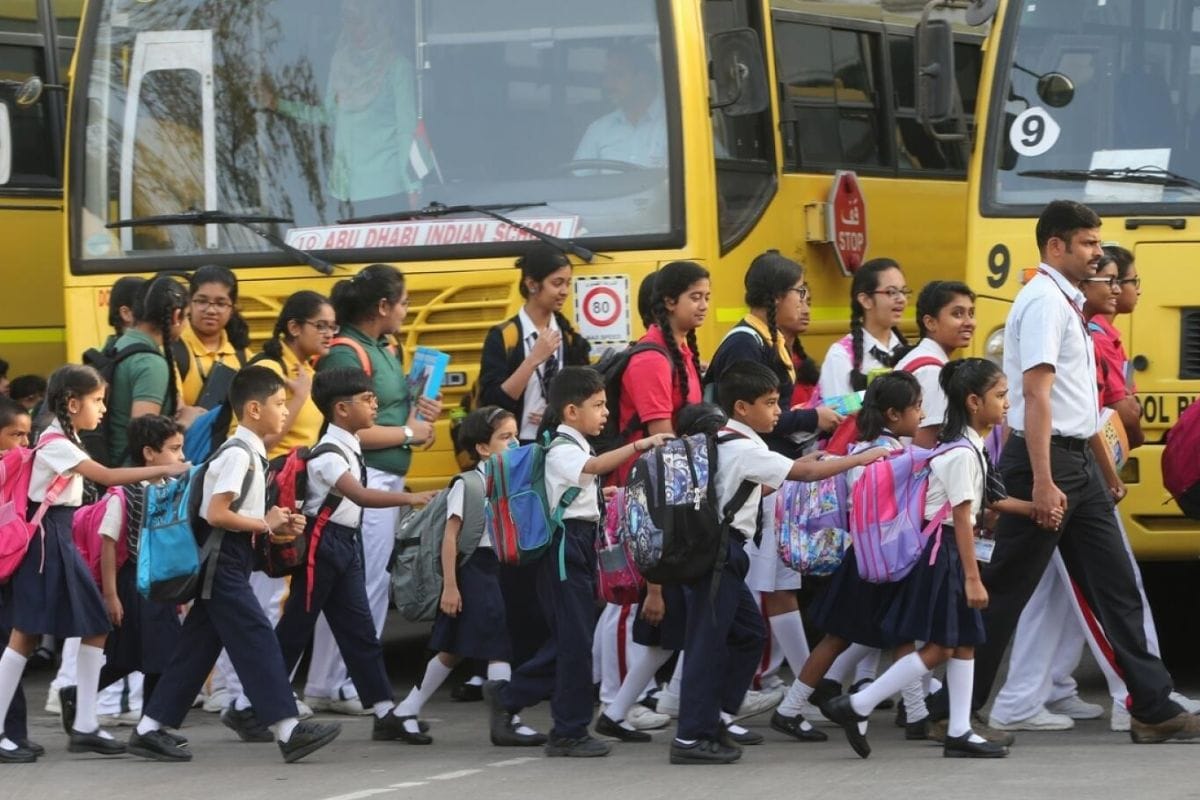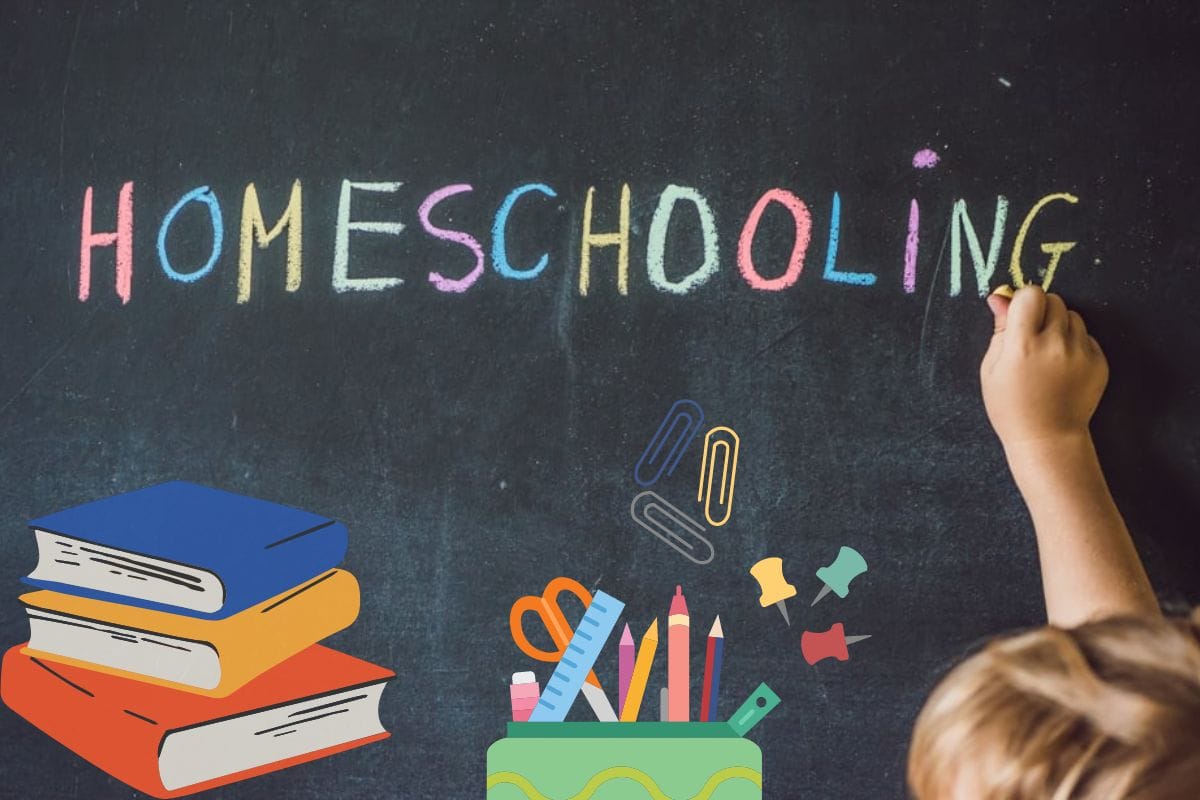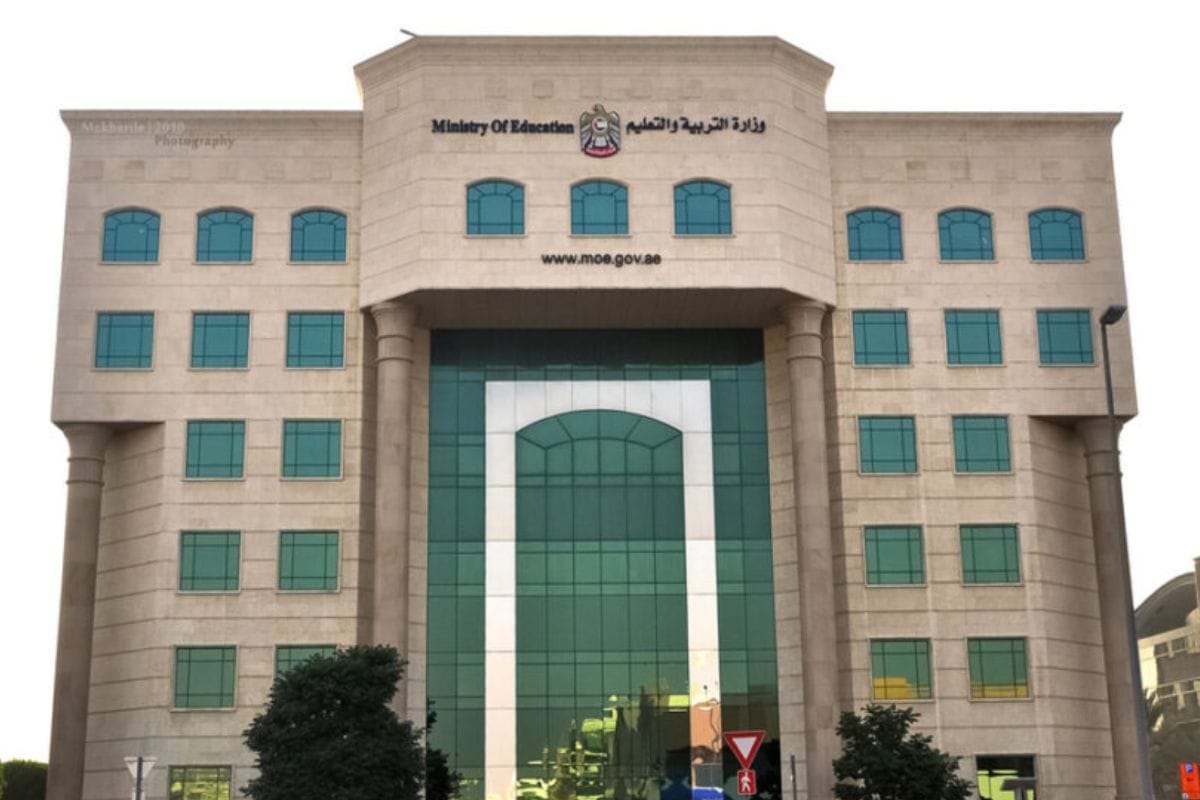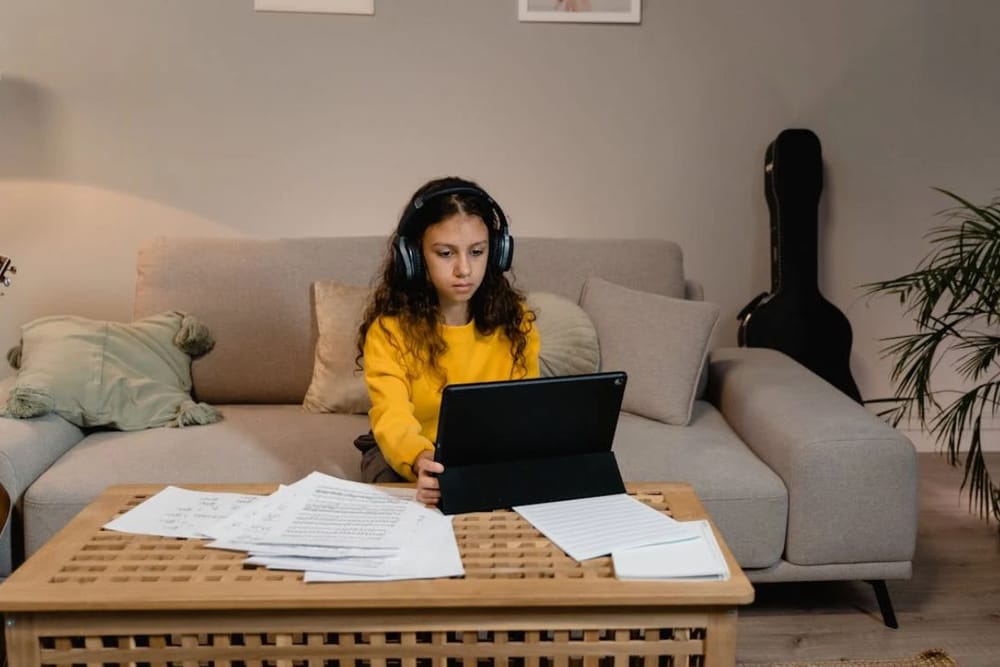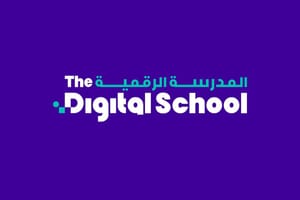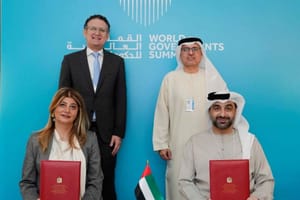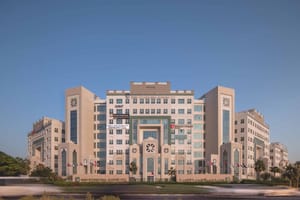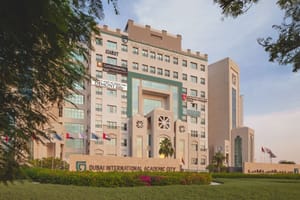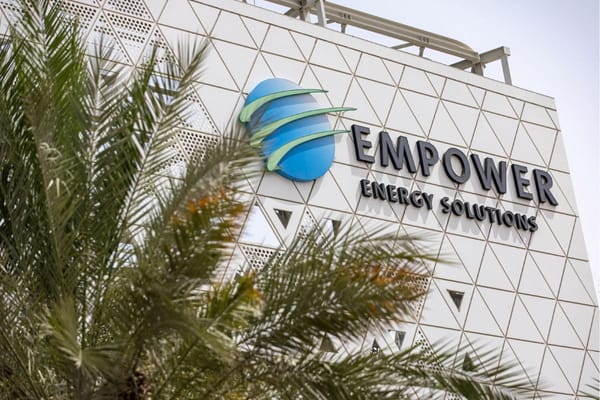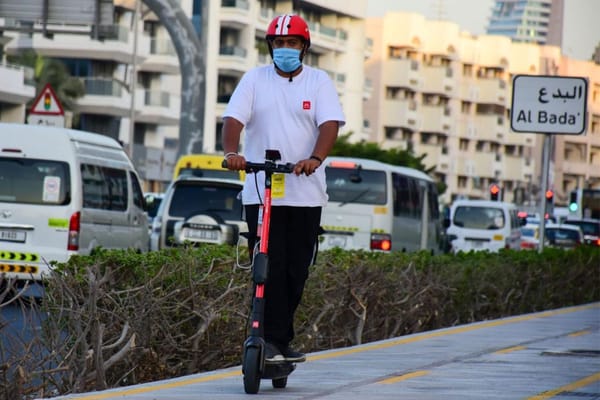Dubai's education sector is undergoing a significant transformation as it embraces cutting-edge technology and forward-thinking strategies. Over the next decade, the city is expected to see profound changes in how education is delivered, accessed, and experienced. These changes will be driven by rapid advancements in educational technology, a shift towards personalized learning, and an increasing focus on skill development tailored to the demands of the future job market.
From the rise of immersive digital learning platforms to the emergence of homegrown EdTech startups, Dubai is set to redefine education in ways that will prepare its youth for the challenges and opportunities of the future.
Explore the key trends that will shape the future of education in Dubai.
Explosive growth in EdTech

The educational technology (EdTech) sector in Dubai is poised for extraordinary growth in the coming years. From 2022 to 2030, Dubai's EdTech market is projected to expand at an annual growth rate of 6%, driven by several key factors.
Firstly, there is a significant push towards incorporating digital tools in the classroom. Schools and universities are increasingly adopting interactive platforms such as virtual reality (VR) and augmented reality (AR) to create immersive learning experiences. These technologies allow students to engage with educational content dynamically and interactively.
Moreover, the rise of mobile learning applications transforms how students access educational materials. Apps that offer tutoring, skill development, and access to a wealth of resources are becoming commonplace, providing learners with flexible and personalized educational opportunities. These platforms are particularly beneficial in a city like Dubai, where diverse and multinational student populations require adaptable learning solutions.
In addition, Dubai is experiencing a surge in investment in EdTech startups. Local entrepreneurs are developing innovative solutions tailored to the specific needs of the region, from Arabic-language educational content to platforms designed to support various educational levels and subjects. This local innovation is complemented by international tech companies expanding their presence in Dubai.
Personalized learning experiences

The future of education in Dubai is set to be heavily influenced by the shift towards personalized learning. This approach leverages advancements in artificial intelligence (AI) and data analytics to cater to the unique needs and learning styles of individual students. Personalized learning aims to move away from the traditional one-size-fits-all model by providing tailored educational experiences that adapt to each student’s strengths, weaknesses, and pace of learning.
In practice, personalized learning involves the use of adaptive learning technologies that adjust the difficulty level of educational content based on real-time assessments of a student’s performance. For example, if a student excels in a particular subject area, the system might present more advanced challenges to further their understanding, while providing additional support and resources in areas where the student struggles. This dynamic approach helps ensure that students are neither left behind nor unchallenged.
Moreover, personalized learning platforms often include detailed analytics that track a student’s progress and identify patterns or gaps in knowledge. Educators can use these insights to tailor their teaching strategies and provide targeted interventions, ensuring that each student receives the support they need to succeed.
Skill development for the future
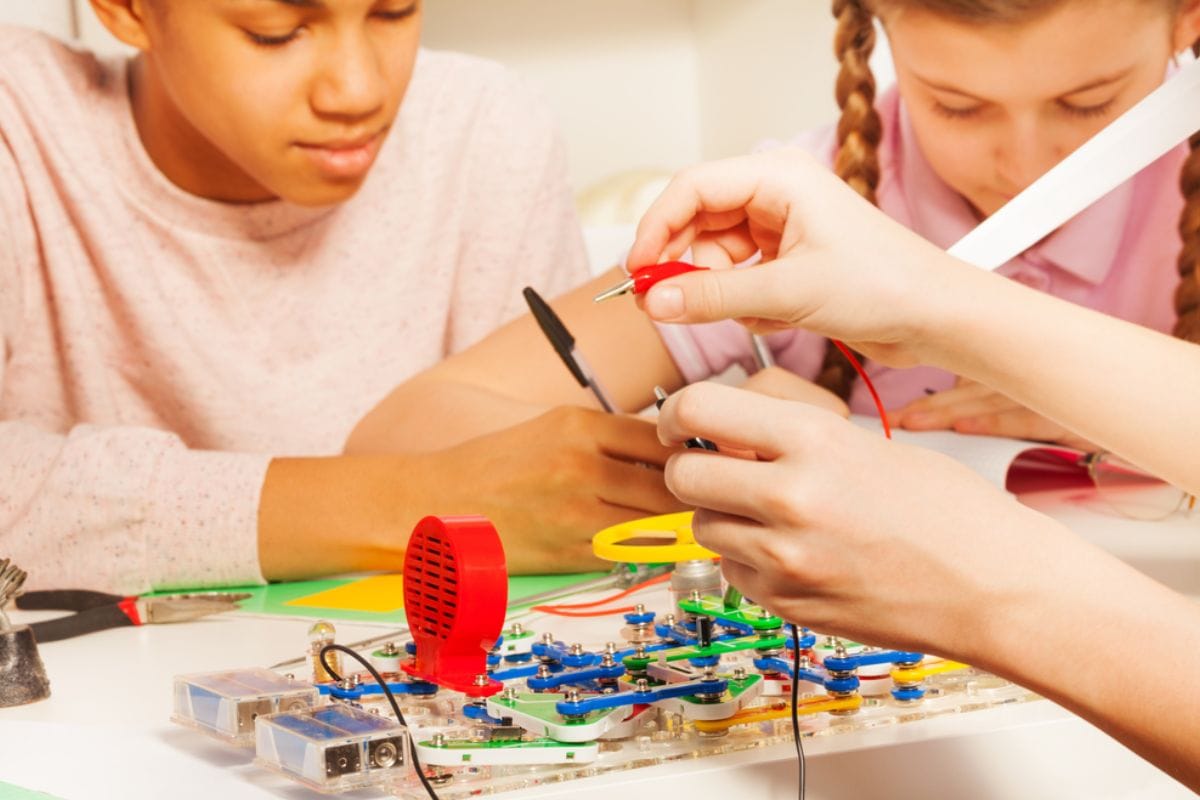
In the next decade, Dubai’s education system will place a strong emphasis on equipping students with skills crucial for navigating an evolving job market. This shift is driven by the increasing demand for competencies that align with the rapidly changing technological landscape and global economic trends.
Recently, the UAE announced an overhaul of its student assessment policies, particularly for grades five through eight, replacing traditional exams with skill-based evaluations. This shift aims to align with global best practices and enhance educational outcomes by focusing on practical, project-based assessments rather than centralized exams.
A primary focus will be on STEM (Science, Technology, Engineering, and Mathematics) education. Schools and universities are integrating advanced STEM curricula to foster analytical and technical skills among students. By promoting hands-on learning through labs, robotics clubs, and coding workshops, educational institutions aim to build a robust foundation in these critical fields.
Beyond technical knowledge, there is a growing recognition of the importance of soft skills. Critical thinking, creativity, communication, and collaboration are becoming essential in a world where automation and AI are prevalent.
Another significant trend is the increased focus on vocational and technical education. This includes the development of specialized training programs that provide students with practical skills directly applicable to the workforce. By aligning educational outcomes with industry needs, Dubai aims to create a skilled workforce that can adapt to new technological advancements and economic shifts.
Increased investment in digital learning infrastructure
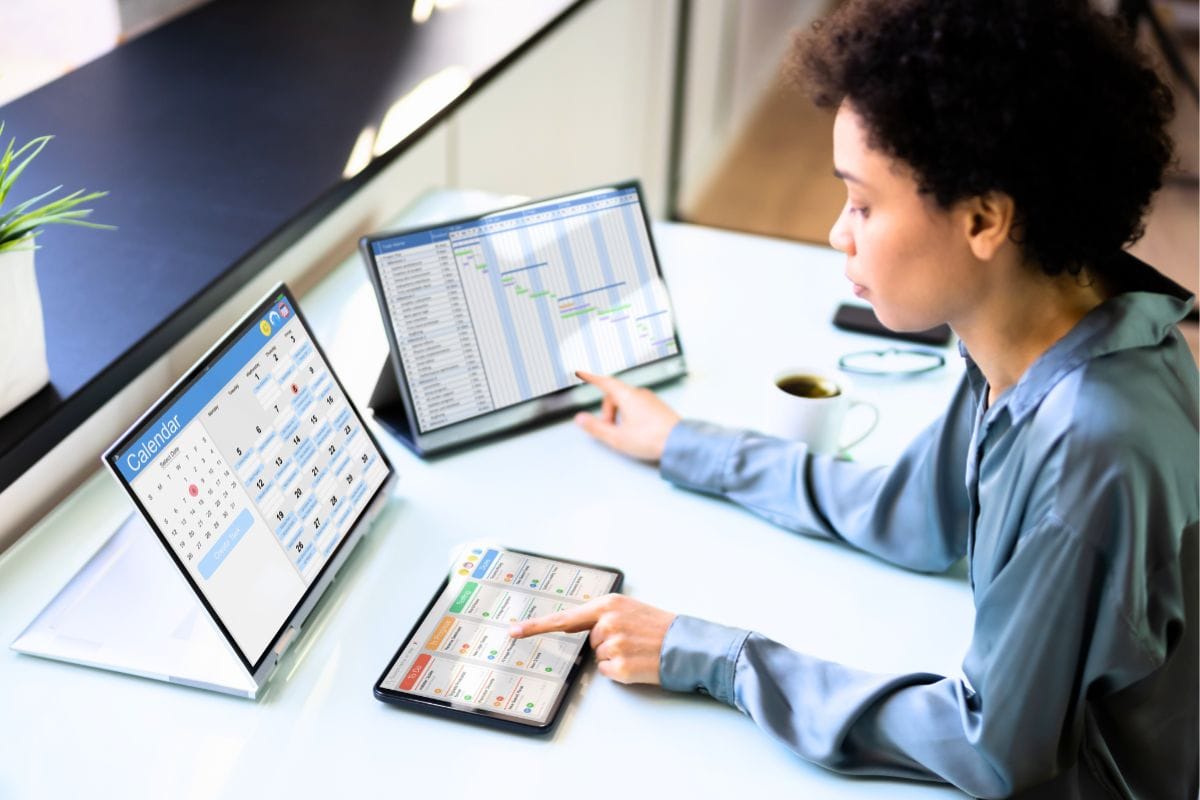
Dubai’s commitment to integrating technology into education is evident through its substantial investment in digital learning infrastructure. This investment aims to modernize and enhance the educational experience across schools and universities in the city.
High-speed internet and connectivity: High-speed, reliable internet is essential for supporting digital learning platforms, facilitating real-time online interactions, and accessing a wide range of educational resources. Enhanced connectivity ensures that students and teachers can seamlessly integrate digital tools into their daily routines.
Cloud-based learning management systems: Another significant investment is in cloud-based LMS platforms. These systems facilitate the management of educational content, track student progress, and enable collaborative learning. They provide a centralized platform where students and teachers can interact, share resources, and monitor academic performance. The adoption of LMS enhances the efficiency and effectiveness of the learning process.
Digital training for educators: Recognizing that technology alone is not enough, Dubai is also investing in training programs for educators. In June, H.H. Sheikh Hamdan bin Mohammed bin Rashid Al Maktoum, Crown Prince of Dubai and Chairman of the Dubai Future Foundation, announced a new initiative to train Dubai’s teachers in AI and its applications. The program aims to equip educators with the skills and knowledge needed to prepare students for the technological advancements of the future.
Rise of homegrown EdTech startups

In recent years, Dubai has emerged as a burgeoning hub for EdTech innovation, driven significantly by the rise of homegrown startups. This trend marks a strategic shift towards developing local solutions tailored to the specific needs of the UAE and the broader Middle Eastern market. By nurturing homegrown EdTech startups, Dubai aims to harness local talent and expertise to create educational tools and platforms that address regional challenges and preferences.
The growth of these startups is fueled by a combination of factors, including government support, a favorable business environment, and increasing investment in technology. Initiatives such as Dubai Future Accelerators and various venture capital funds are providing critical resources and mentorship to emerging EdTech entrepreneurs. These programs are designed to foster innovation and facilitate the development of solutions that enhance the educational experience.
Local startups are addressing diverse needs within the education sector, from interactive learning platforms and AI-driven tutoring systems to virtual classrooms and educational games. For instance, startups are developing tools that incorporate Arabic language support, culturally relevant content, and features tailored to the learning styles of students in the region.
Flexible learning models

Flexible learning models are transforming education in Dubai, offering adaptable and student-centered approaches that cater to diverse learning needs and schedules. These models are designed to provide greater flexibility in how, when, and where learning occurs, accommodating the varying preferences and circumstances of students.
Hybrid learning: Hybrid learning combines traditional face-to-face instruction with online components. This model allows students to attend physical classes while also engaging in virtual lessons, enabling a blend of direct interaction and digital resources.
Blended learning: Similar to hybrid learning, blended learning integrates online activities with classroom experiences but places a stronger emphasis on online learning as the primary mode of instruction. Students use digital platforms for coursework, collaborative projects, and assessments while attending physical classes for supplementary activities.
Modular learning: Modular learning structures the curriculum into distinct modules or units that students can complete independently. This approach offers flexibility in scheduling and allows students to engage with the material at their own pace and on their own time.
Competency-based learning: Competency-based education focuses on students mastering specific skills or knowledge areas before advancing to more complex topics. This model is highly personalized, allowing students to progress based on their ability to demonstrate proficiency rather than adhering to a fixed timeline.
Asynchronous learning: Asynchronous learning allows students to access course materials, complete assignments, and participate in discussions on their own schedule. This flexibility is ideal for learners who need to balance education with other responsibilities and provides the freedom to study and engage with content at convenient times.
Also Read:
